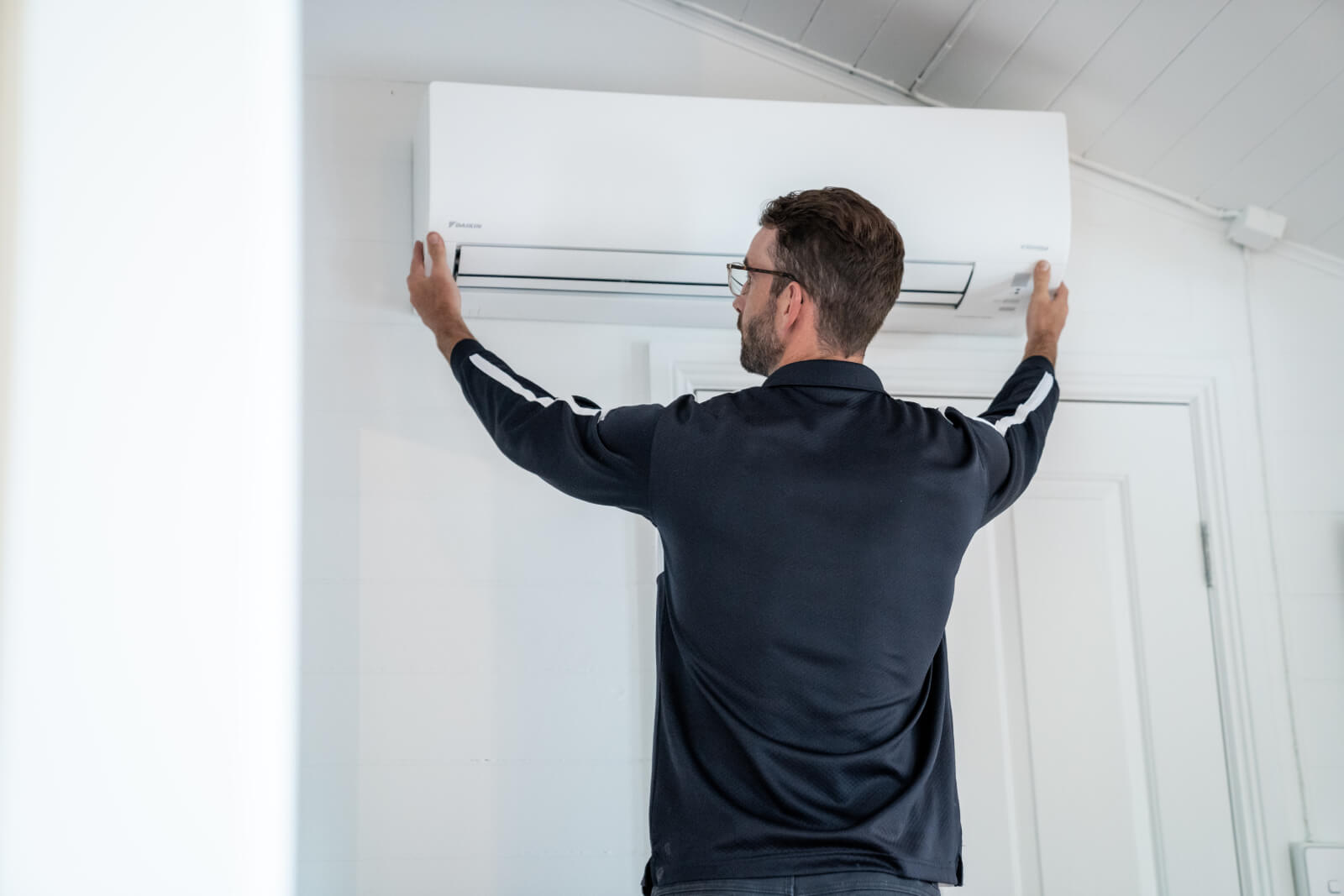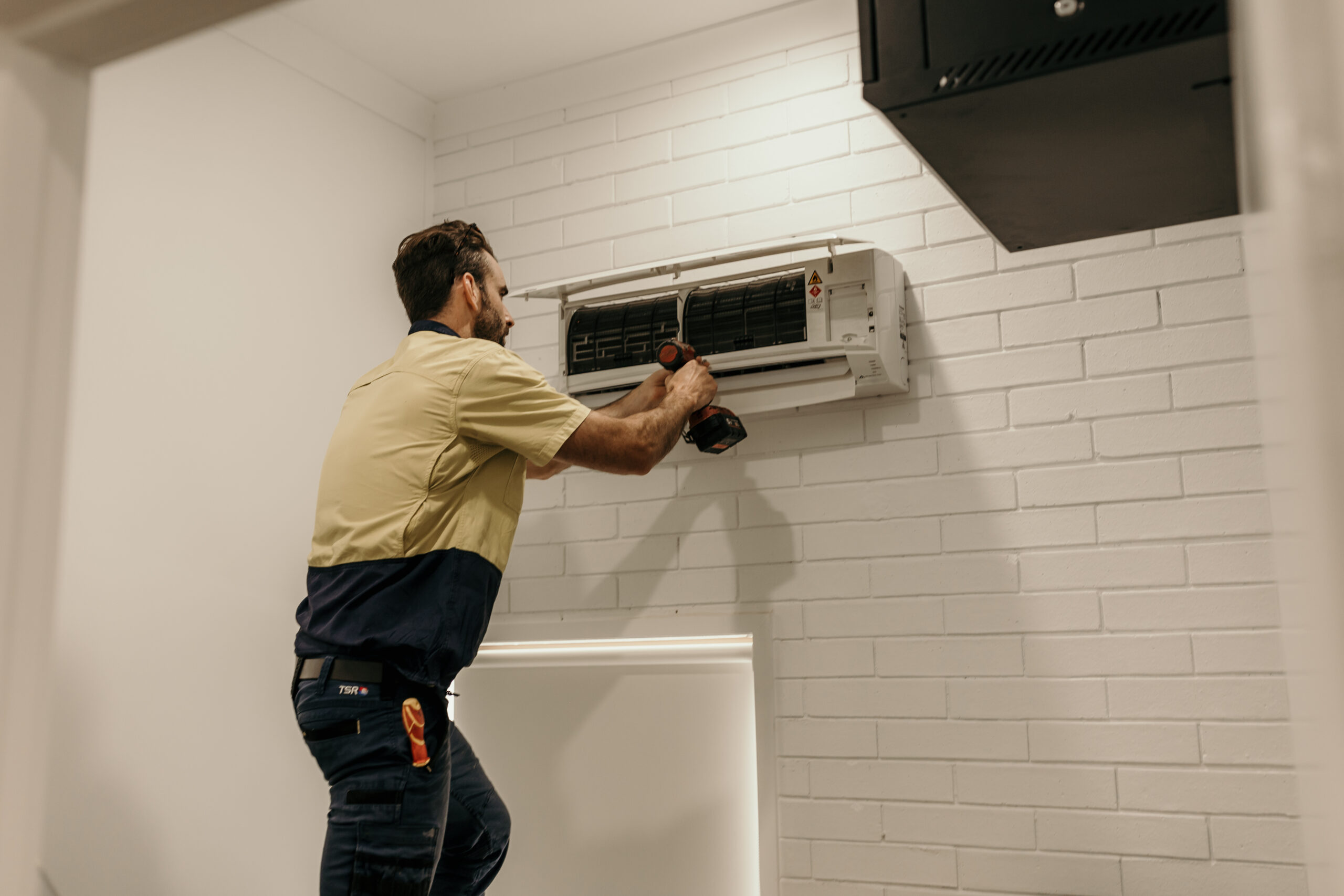How A Dirty Air Conditioner Can Impact Your Health

Air conditioners are fantastic for controlling the climate in our homes and offices, but they can be a hazard to our health if they are not maintained correctly.
Mould can grow in an old air conditioner, increasing your chances of respiratory infection. In addition to causing throat irritation, mouldy air can also cause coughing, wheezing, and congestion. If you are feeling any of these symptoms, it may be time you checked the filters in your AC unit.
How do air conditioners become dirty?
To cool your rooms, your air conditioner pulls in air from the rooms. Dirt that has accumulated in your rooms can become entangled in your system’s airflow as a result. Once it exits your return ducts, that dirt is caught by your air filter.
As the filter becomes clogged with dirt, it can cause your air-conditioner to lose cooling capacity, develop frost, operate loudly and present several health hazards for you and your family.
Five ways a dirty air conditioner can impact your health
Did you ever consider what might happen if you do not get your air conditioner filters cleaned regularly? You may not be aware that poor air quality produced by air conditioners can have many adverse effects on your family, including:
1. They can trigger allergies:
The things that can trigger allergies include plants, pollen, dust, and other substances in the air. It is essential to understand that if your home has poor air quality, it could have more allergens.
2. Mould can develop:
Toxins are released into the indoor air by mould spores invisible to the naked eye. The bacteria can build up in the folds of the ear and other sensitive body areas, which can cause serious irritation and even result in bleeding. In addition to respiratory problems, mould can cause allergic reactions and depression.
3. You may feel more tired:
Your air filter will become clogged if it is covered in dust and grime, so air will not be able to flow through it. If you have to work harder to breathe quality air, you will feel more fatigued.
4. They can make your family sick:
Your family may suffer upper respiratory infections if they experience coughing, headaches, sneezing, nasal congestion, sore throats, runny noses, and low fevers due to dirty air-conditioning filters.
5. Your skin could be impacted:
As a result of airborne mould and mildew, skin conditions like eczema, rashes, and hives can be worsened.
What are the signs an air conditioner should be cleaned?
You can usually tell if your AC unit needs cleaning by opening it up and looking at the filters. If it is clogged with dirt or (worse) mould and mildew, it needs a thorough clean in soapy water. Clogged filters will impact performance, so if your air conditioner is blowing hot air, making loud noises, or having a bad smell, you should inspect the filters.
How often should air conditioners be cleaned?
Your indoor air conditioner filter should be cleaned every two weeks as a general rule. You should clean your filters more frequently if you live in an environment with a lot of dust or pollution (like a home with pets).
If you need your air conditioner inspected and cleaned, get in touch with the experts at Tony Stephens Refrigeration today, or call us on 07 5482 8100!
Please Share This
Related Posts

Top Reasons Your Air Con Isn’t Blowing Cold Air and How to Fix It

Has Your Air Con Stopped Working In Peak Heat? Here’s What To Do

